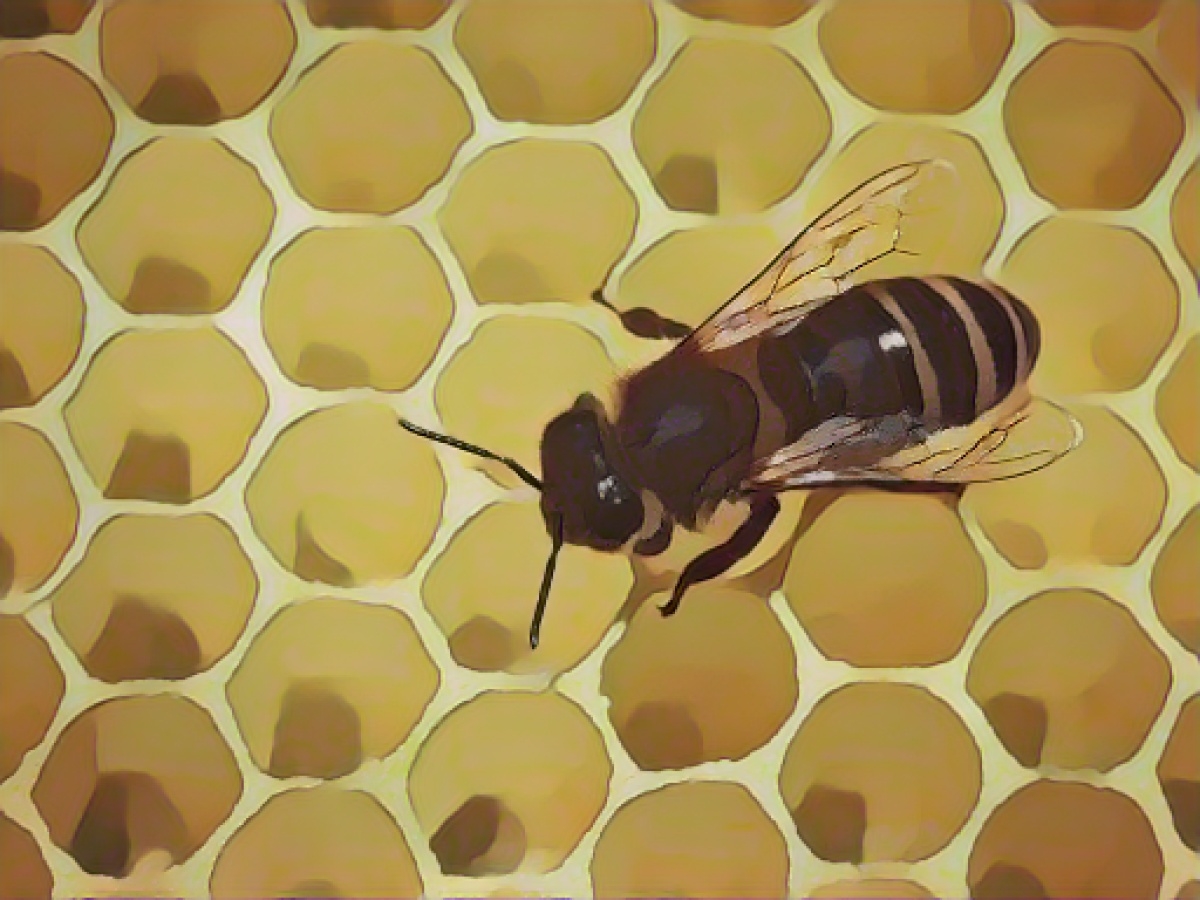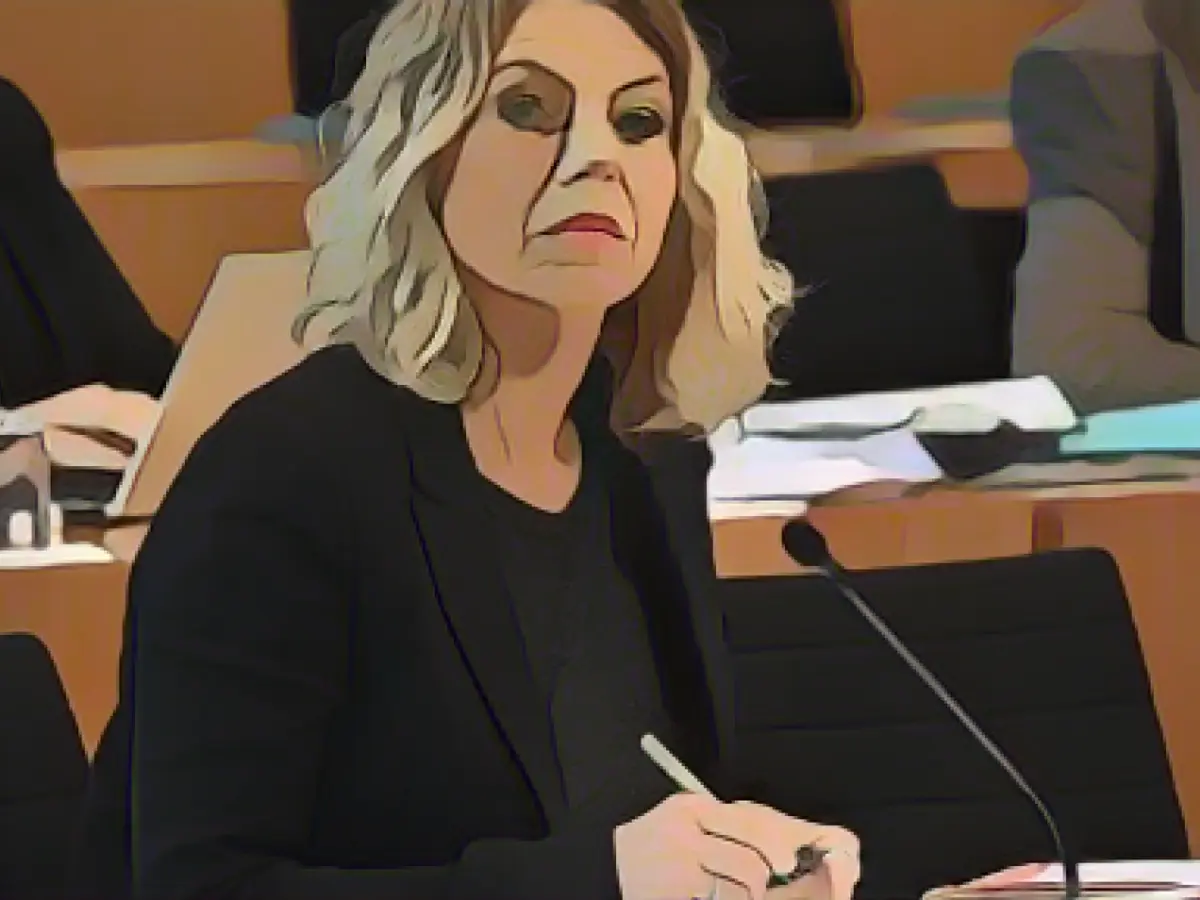Uncovering the Source: Özdemir advocates clear honey labels
Minister Cem Özdemir (Greens) should obtain backing from the federal agriculture sector in its battle against fraudulent honey. Officials from Rhineland-Palatinate have reportedly sought reassurance from Özdemir, citing the "ruinous and unfair competition" that negatively affects beekeepers. The Society for Food and Agriculture (BMEL) has expressed support for the EU's proposed labeling initiative, which aims to showcase the countries of origin for honey blends. This transition could significantly contribute to consumer awareness, highlighting German honey while curbing misleading information.
An open letter to Özdemir, signed by Rhineland-Palatinate's beekeepers' associations, urged the Minister to advocate for revising the Honey Directive in the EU and support fair, sustainable honey production. The authors alluded to the struggle against cheap honey imports due to dumping prices that forced some beekeepers to cease or curtail their activities. As of yet, the Minister has yet to respond in writing, but a representative assured that a reply is imminent.
During consultations, Germany is pushing for a transparent regulation beneficial to consumers, aiming to circumvent bureaucracy. To counteract the prevalence of adulterated honey, appropriate analysis methods could be adopted. Initiated in 2017, the German Ministry established the "National Reference Center for Authentic Food" at the Max Rubner Institute in Karlsruhe, pioneering a role within the EU in this field.
"By creating primarily voluntary and time-consuming work, German beekeepers contribute significantly to preserving nature, biodiversity, and agricultural product diversity in Germany, delivering honey that boasts distinct tastes," according to BMEL spokespersons. This year, Rhineland-Palatinate experienced a fruitful honey harvest, with an average of 39.2 kg being extracted per beehive, which currently ranks as the highest on record since 2012.
In support of transparency, Özdemir champions EU-initiated labeling regulations that aim to disclose mixed honey's origin. Aside from bolstering consumer awareness, such measures could help identify and combat misleading labeling, foster trust in the honey market, and promote fair and sustainable practices in the EU.
Insight: By revealing mixed honey's origin, consumers can make more informed decisions about the integrity of the product. Such labeling can deter fraudulent practices by simplifying sourcing audits and fostering a more robust oversight system. Better labeling also encourages responsibility and compliance among manufacturers, motivating them to invest in high-quality honey.
Sources:
Enrichment Data:
- Enhanced transparency and accountability: By providing the true origin of mixed honey, consumers can trace its source and determine whether it is a blend of both domestic and imported honey or solely imported. This level of transparency helps to identify and monitor adulterated or mislabeled products, ensuring integrity in the honey market. [3]
- Quality assurance: Mandating labels to clearly state the origin of mixed honey can help establish grades for the different types of honey, ensuring consumers enjoy high quality and authentic honey. [3]
- Restored consumer confidence: Consumers have a better understanding of the products they purchase when they have clear labeling indicating the origin of the mixed honey. The increased transparency can encourage greater trust in the honey market, preferring authentic honey sources over fraudulent ones. [3]
- Market balance: By clearly labeling mixed honey, it becomes clear which honey is imported under tariff quotas and trade agreements, preventing market manipulation and ensuring fair competition among European beekeepers. [2]
- Support for sustainable beekeeping: Emphasizing the origin of honey can increase consumer support for local honey manufacturers, which directly contributes to the sustainability of beekeeping practices and supports the livelihoods of professional beekeepers who prioritize high-quality honey production. [2, 5]
[3] European Union, "Proposal for a Regulation of the European Parliament and of the Council laying down the health-related and other safety rules for food and of the rules establishing the European Food Safety Authority (Revision) and amending other provisions of food law," European Commission, 2018.
[2] European Union, "Possible impacts of the EU-Mercosur free trade agreement on food law and the beef sector," BEUC Policy Department for Food Safety, 2019.
[5] European Union, "Biodiversity strategy for the EU to 2030," European Commission, 2020.







